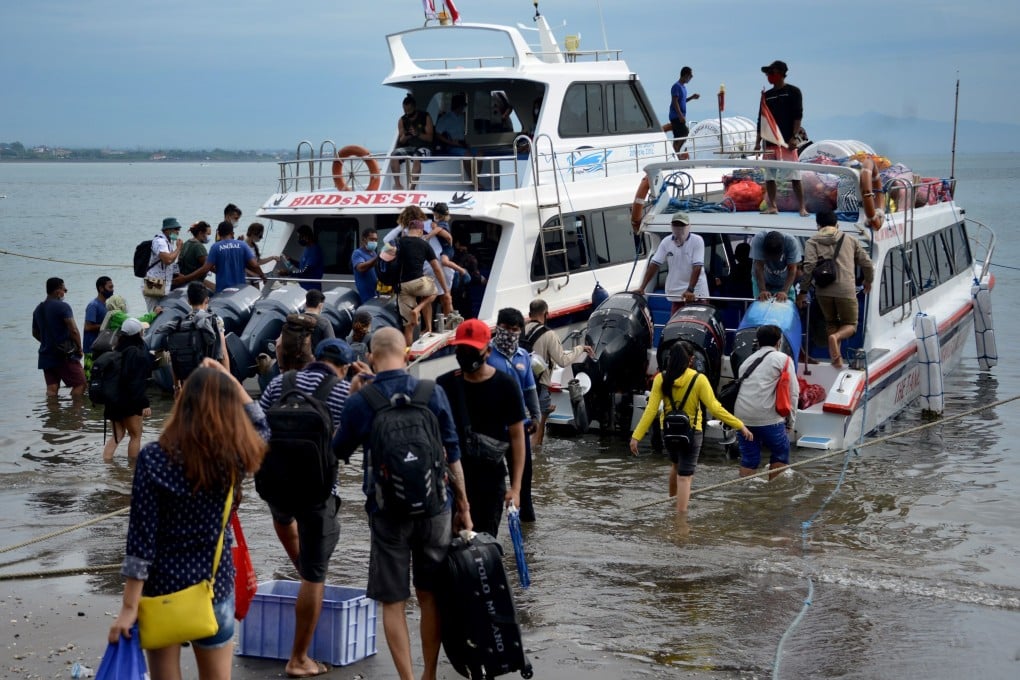How weak law enforcement in Bali lets digital nomads get away with breaking Indonesian rules
- Two women admit finding ways around Indonesia’s temporary tourist entry ban to get to Bali, where authorities recently made high-profile expulsions of visitors
- Digital nomads may be flouting the rules en masse but enforcement is weak, a lawyer explains. However, there are signs that may be changing

A digital nomad from Australia enters Bali on a business visa, despite having no intention of doing business while in Indonesia. It allows her to stay on the island for up to six months.
“It cost me US$580 – the paperwork was a joke,” she says, requesting anonymity. “Getting permission to leave Australia was 100 times harder.”
She makes no bones about what she has done. “The visa system in Indonesia is absolutely corrupt and I acknowledge I am part of that.”
A Canadian woman tells a similar story. “I was pregnant at the time and my boyfriend works in Bali. He found a visa agent who had contacts …,” she says. This woman paid US$2,133. “I know I got ripped off but I was really desperate. I did not want to give birth alone.”
If [digital nomads] ... are gaining benefit from activities with businesses in Indonesia – it’s illegal if they do that on a tourist visa. That means anyone who is a blogger or travel writer
Authorities are aware of wide-scale breaches by tourists of labour laws in Bali but lack the resources to take action, says Philo Dellano, a managing partner of the PNB Immigration Law Firm in Jakarta.